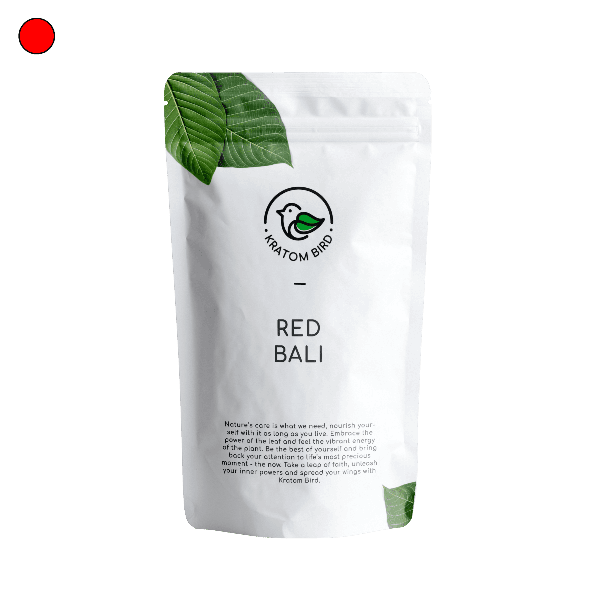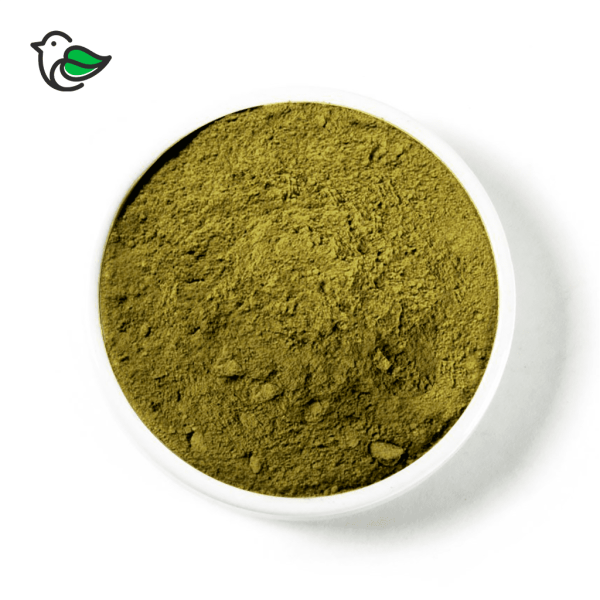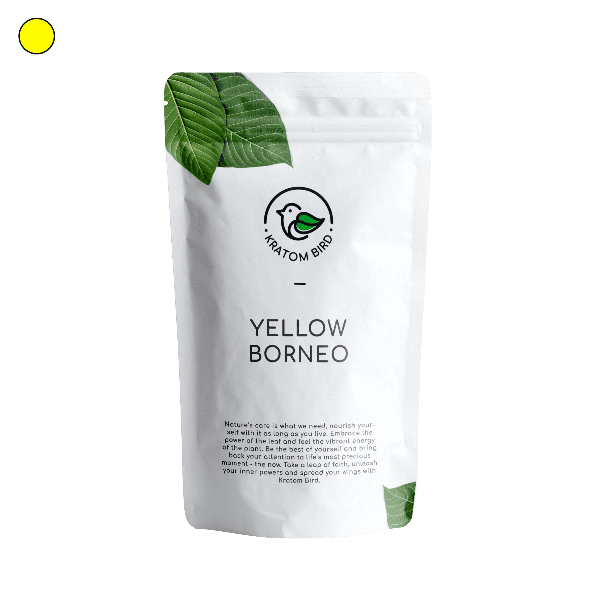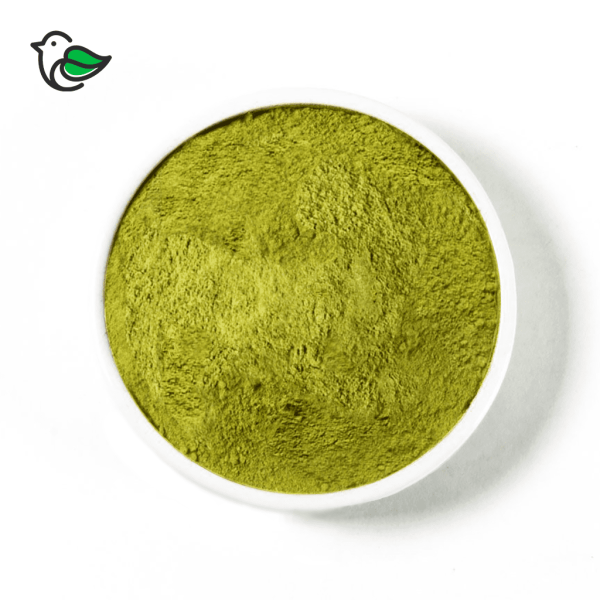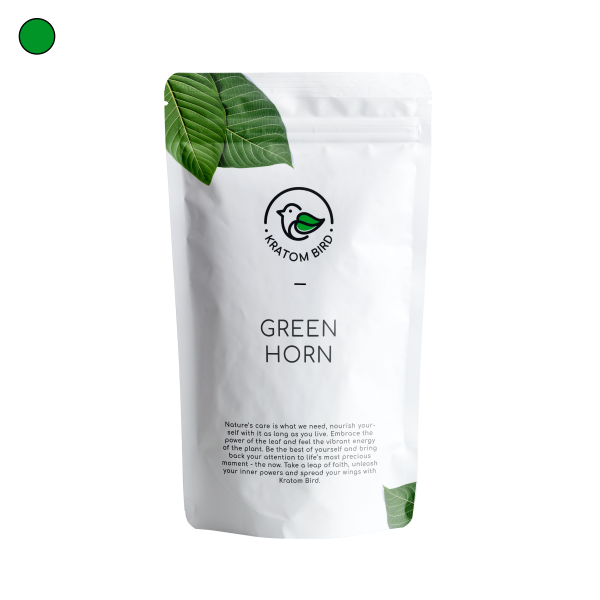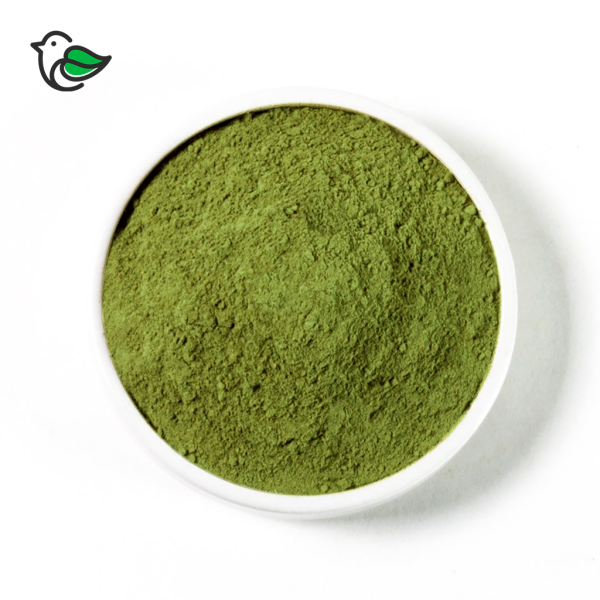Kratom, derived from the Mitragyna speciosa tree, has gained recognition for its herbal ache comfort and temper-improving residences. 
As its use grows, understanding how to adequately integrate kratom with over-the-counter medicinal drugs like ibuprofen, acetaminophen, naproxen, and aspirin becomes critical.
This guide aims to offer critical insights into safe kratom utilization and interactions with commonplace OTC tablets, ensuring you can revel in its advantages responsibly.
Understanding Kratom
Kratom, scientifically referred to as Mitragyna speciosa, is a tropical tree native to Southeast Asia, specifically Thailand, Indonesia, Malaysia, and Papua New Guinea.
Traditionally, kratom leaves have been used for his or her medicinal properties, both chewed or brewed into tea to alleviate pain, beautify power, and fight fatigue.
The number one lively compounds in kratom are mitragynine and 7-hydroxymitragynine, which interact with the mind's opioid receptors to provide effects ranging from ache alleviation and sedation to euphoria and stimulation, depending on the dosage.
People typically use kratom to control continual aches, reduce signs and symptoms of hysteria and depression, enhance temper, and as a natural alternative to opioid medicines. Its versatility and natural beginning make kratom a compelling preference for those searching for holistic fitness and health techniques.
Kratom and Ibuprofen
Ibuprofen, determined in products like Advil and Motrin, is normally used for pain remedy, inflammation reduction, and fever discount. It treats conditions that include complications, muscle aches, arthritis, menstrual cramps, and minor injuries.
When combining kratom and ibuprofen, it's essential to be aware of capability interactions and safe utilization pointers.
Potential Interactions
- Liver Effects: Both kratom and ibuprofen can affect liver features, increasing the chance of liver harm whilst used collectively.
- Gastrointestinal Issues: Combining these materials also can heighten the hazard of stomach ulcers and gastrointestinal bleeding.
Safe Dosage Guidelines: Do not exceed 1,200 mg per day of ibuprofen for over-the-counter use.
Kratom and Acetaminophen
Acetaminophen (Tylenol) is widely used for pain and fever relief, treating headaches, muscle aches, arthritis, backaches, toothaches, colds, and fevers. Combining it with kratom requires caution due to potential health risks.
Interactions and Risks
- Liver Damage: Both acetaminophen and kratom are metabolized by the liver. Using them together can increase the chance of liver toxicity and damage, especially with extended use or high dosages.
- Overdose Risk: Taking high doses of either substance can lead to extreme fitness problems, inclusive of liver failure and different intense facet effects.
Safe Dosage and Usage: Do not exceed 4000 mg of acetaminophen per day; for long-term use, aim for lower doses (around 2000-3000 mg per day) to reduce liver strain.
Kratom and Naproxen
Naproxen, an NSAID observed in products like Aleve, is used to alleviate pain, reduce inflammation, and decrease fever, treating situations including arthritis, muscle aches, backache, menstrual cramps, and complications. When combining naproxen with kratom, information capacity interactions, and dangers are vital.
Interactions and Risks
- Gastrointestinal Issues: Both naproxen and kratom can irritate the gastrointestinal tract, raising the threat of stomach ulcers, bleeding, and other digestive problems.
- Kidney Effects: Naproxen can have an effect on kidney features, and mixed with kratom, which additionally has potential renal results, the threat can be amplified.
- Increased Side Effects: Using both materials collectively may additionally decorate side results which include nausea, dizziness, and gastrointestinal soreness.
Safe Dosage Guidelines: Do no longer exceed 440 mg of naproxen in the first hour, observed by way of 220 mg every eight-12 hours as wished. Do not exceed 660 mg per day for over-the-counter use.
Kratom and Aspirin
Aspirin is broadly used for pain remedy, reducing irritation, and lowering fever. Additionally, it has blood-thinning residences, making it beneficial for preventing coronary heart attacks and strokes.
When thinking about the combination of aspirin and kratom, it's miles crucial to recognize the ability interactions and risks to ensure secure usage.
Risks and Interactions
- Gastrointestinal Bleeding: Both aspirin and kratom can boost the hazard of gastrointestinal bleeding and ulcers, mainly whilst used collectively.
- Blood Thinning: Aspirin’s blood-thinning houses may be compounded by kratom, potentially main to immoderate bleeding or bruising.
- Increased Side Effects: Combining those substances may additionally enhance aspect outcomes along with nausea, dizziness, and gastrointestinal pain.
Safe Usage Guidelines: The preferred dosage for aspirin is 81 mg consistent with day for coronary heart safety and up to 325 mg for pain comfort, but must now not be passed without medical recommendation.

Kratom Withdrawal Medication
Kratom withdrawal occurs when a person who has been in the use of kratom often and in massive quantities stops or reduces their consumption all at once. The frame, having tailored to the presence of kratom, reacts with a number of bodily and psychological signs and symptoms while the substance is withdrawn.
Common Withdrawal Symptoms
- Physical Symptoms: Muscle aches, insomnia, sweating, nausea, diarrhoea, and runny nose.
- Psychological Symptoms: Anxiety, irritability, mood swings, depression, and cravings.
Medications and Supplements for Managing Withdrawal
Medications:
- Clonidine: Helps reduce anxiety, sweating, and muscle aches.
- Loperamide: Eases diarrhoea and gastrointestinal discomfort.
- Ibuprofen or Acetaminophen: Alleviates muscle aches and pain.
Supplements:
- Magnesium: Can help with muscle cramps and improve sleep quality.
- Valerian Root: May reduce anxiety and aid in sleep.
- Melatonin: Helps regulate sleep patterns disrupted by withdrawal.
- Ginger or Peppermint Tea: Eases nausea and digestive issues.
Tips on Tapering Off Kratom
- Gradual Reduction: Slowly lower your kratom dose over time to reduce withdrawal signs and symptoms. Reduce the amount of the use of small increments every few days or maybe weeks.
- Stay Hydrated: Drink plenty of water to assist flush pollution out of your gadget and decrease the severity of symptoms.
- Maintain a Healthy Diet: Eating nutritious foods can assist your body at some point in the withdrawal technique.
- Exercise Regularly: Physical hobbies can assist in alleviating a few withdrawal symptoms and improve temper.
- Get Support: Reach out to buddies, family, or help groups for emotional aid for the duration of the tapering technique.
For intense withdrawal signs or if self-dealing with withdrawal proves hard, are looking for professional help. A healthcare company can offer steerage, prescribe appropriate medications, and reveal your health to ensure a secure and effective withdrawal method.
Conclusion
By knowing the interactions and safe utilization guidelines for kratom and over-the-counter medications inclusive of ibuprofen, acetaminophen, naproxen, and aspirin, you can ensure safer and greater powerful well-being.
Always prioritize consulting with a healthcare expert to tailor those guidelines to your personal fitness needs.
With knowledgeable usage, you may experience the blessings of kratom even as minimizing dangers.
Please note that this article on kratom is for informational purposes only and not a substitute for professional medical advice, diagnosis, or treatment.
